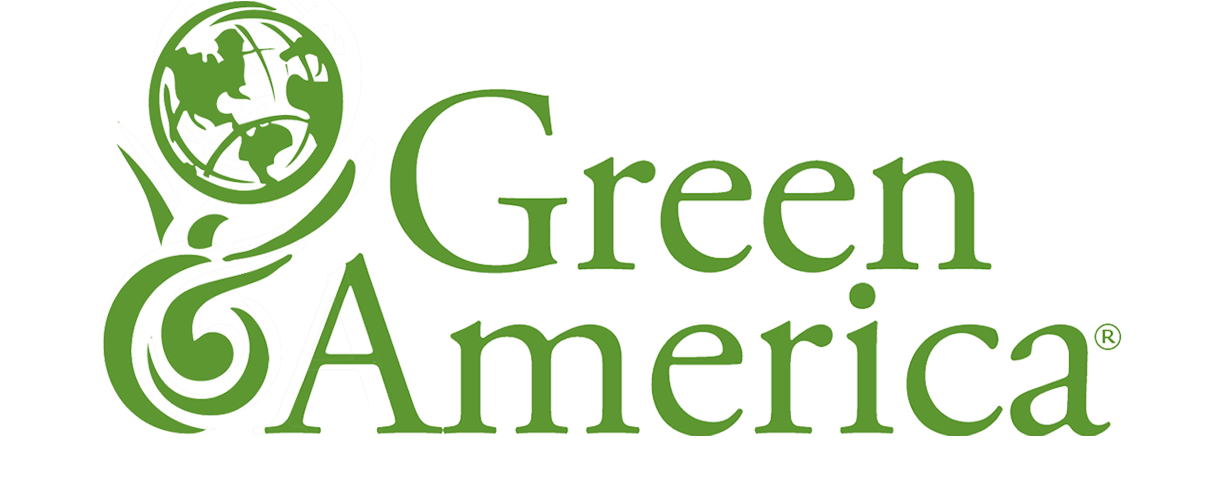No More Toxic Seed Coatings in Our Popcorn
Dear CEO Sean M. Connelly,
I urge ConAgra to protect pollinators, public health, and our food system by eliminating the use of neonicotinoid-coated seeds in your popcorn supply chain. As one of the nation's largest popcorn providers – through brands like Orville Redenbacher, Act II, and Angie's BOOMCHICKAPOP – ConAgra has a unique opportunity to lead positive change in the industry.
The widespread use of neonicotinoid-coated seeds is contributing to a crisis in pollinator health. U.S. agriculture has become nearly 48 times more toxic to insect life since neonicotinoids were introduced in the 1990s. One in three bites of food we eat depends on pollinators, who contribute approximately $34 billion annually to the U.S. economy. The EPA warns that continued use of neonicotinoids could push over 200 threatened and endangered species toward extinction.
While ConAgra has made commendable progress in addressing pesticide use in crops like carrots, peas, and sweet corn, more action is needed. Major retailers including Walmart, Kroger, Whole Foods, and Giant Eagle have already established pollinator health policies to reduce harmful pesticides in their supply chains. Studies show that neonicotinoid seed coatings provide little to no yield benefits, while posing serious risks to both environmental and human health.
To protect pollinators, people, and the planet, I urge ConAgra to:
- Make a time-bound, measurable commitment to eliminate neonicotinoid-coated seeds from your popcorn supply chain
- Work with suppliers to implement alternative, least-toxic pest management strategies, including a transition toward organic practices
- Act with transparency by publicly disclosing company policies, actions, and progress toward these goals
As a leader in the food industry, ConAgra has both the responsibility and the opportunity to protect our pollinators and build a more sustainable food system. Your action on this issue is critical for safeguarding biodiversity, public health, and the future of our food supply.
 Donate
Donate